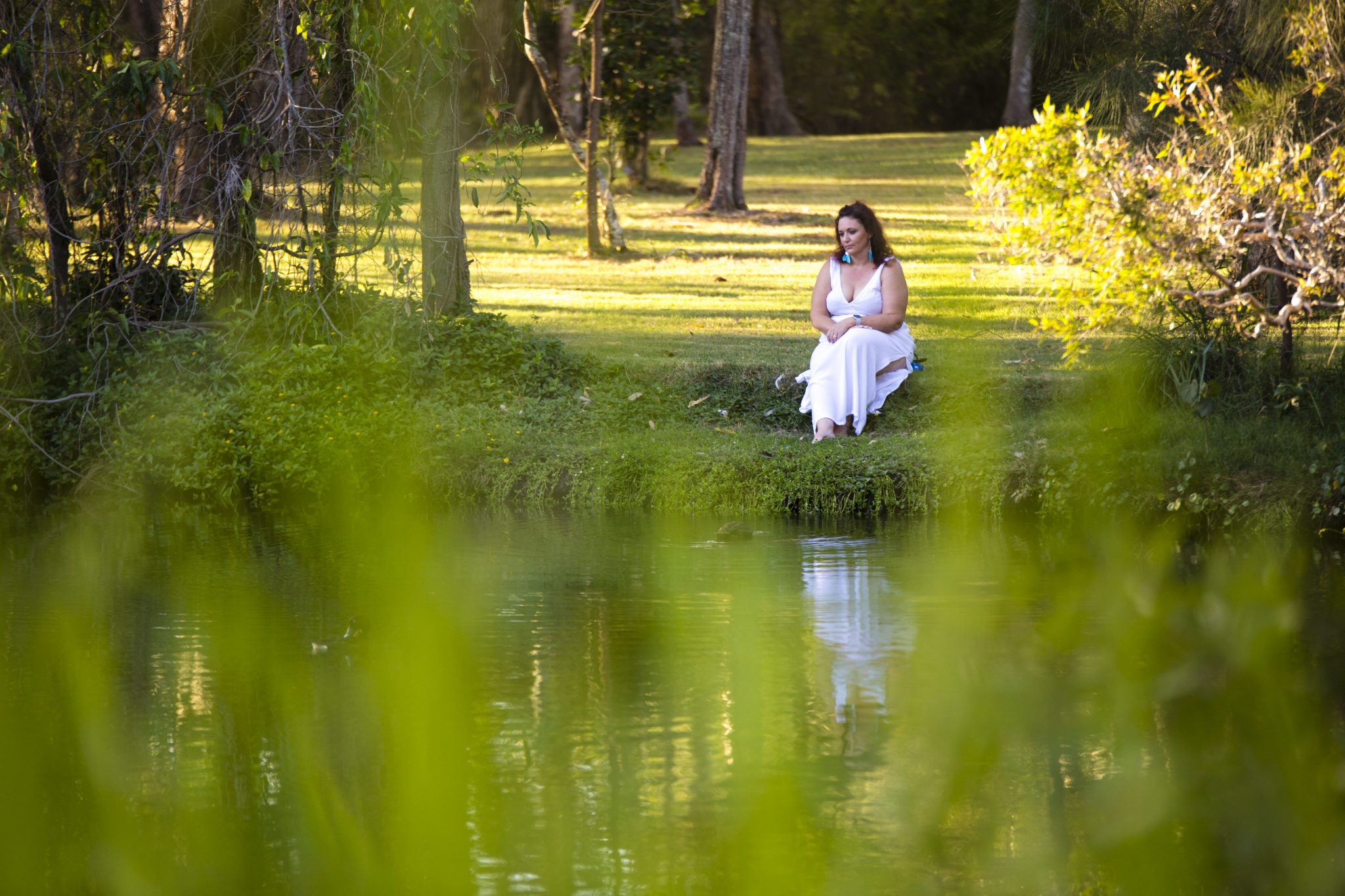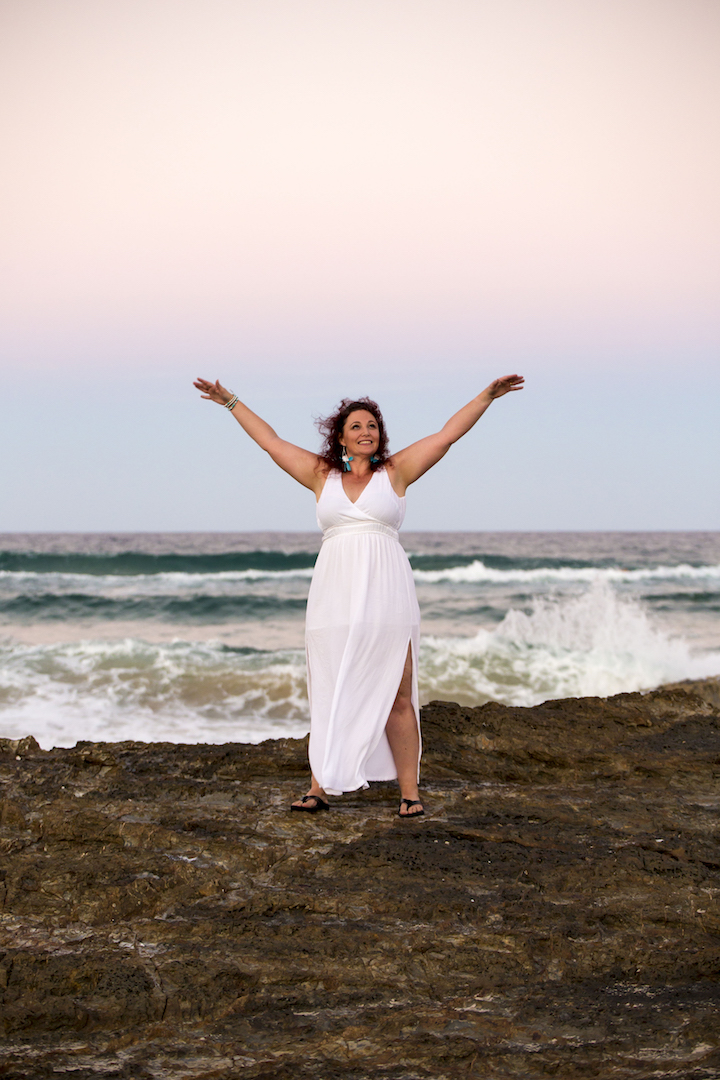Looking After Your Physical Health
Consistent and regular physical activity is the key to overall health and learning new skills via physical activity can give your brain an enormous boost.
- Throw and catch a ball.
- Juggle.
- Catch a pool noodle or ruler as fast as you can.
- Take stairs or walk over uneven ground (if able).
- Play bowls, golf, mini golf, bocce, quoits, croquet (if able).
- Try arts and crafts projects.
All these exercises use your cognitive ability, motor function, tactile function and are great at creating new neuronal pathways and good blood flow to the brain. This helps protect against cognitive degeneration.
Looking After Your Mind
Play games like crosswords, sudoku, jigsaw puzzles, etc. Choose card games, chess, charades or other similar activities to play with friends.
Try This Fun Group Game
Form a circle. Think of an adjective that starts with the first letter of your name, like daring Diana. Don’t reveal your name and adjective yet. Nominate a person to start. Diana’s chosen. She says to the person on her left, daring Diana. They say their name and adjective, Joking Joe, then adds daring Diana.
The next person on the left follows the process with their name and adjective, monkey Mary, Joking Joe and daring Diana. And this continues until everyone in the group finishes. The last person has to remember all the names and adjectives.
The game encourages memory and brain plasticity along with lots of laughs! Tip: Mix it up by adding movement. Stepping forward and back or side to side whilst remembering the names, adds an extra layer of toughness!
Social and Mental Health Care
We often neglect our emotional states. Making time for social connections is very important for good brain health. According to research, loneliness can be as unhealthy as smoking 15 cigarettes a day!
Find a hobby or interest and join a group. Arts and crafts, walking groups, dancing groups, Senior citizen’s club or bingo/other.
‘Meetup’ is beginning to organize in-person meets again. They provide many group events, activities and zoom get-togethers.
You can also phone a friend or relative once a week or meet for a chat over coffee or a meal.
The above suggested pursuits touch on different aspects and areas of brain function. Some activities suit physical, mental and emotional brain functions. There’s something to suit everyone’s taste, lifestyle and fitness level. Introduce brain health activities into your daily routine and enjoy better cognitive function as you age.
What brain stimulating activities are you ready to try? Do you already have brain health as part of your daily routine? Which activities work best for you? What benefits have you noticed? Please share below!
If you would like to learn more about women’s health and wellbeing, feel free to join Rachelle’s online community.



